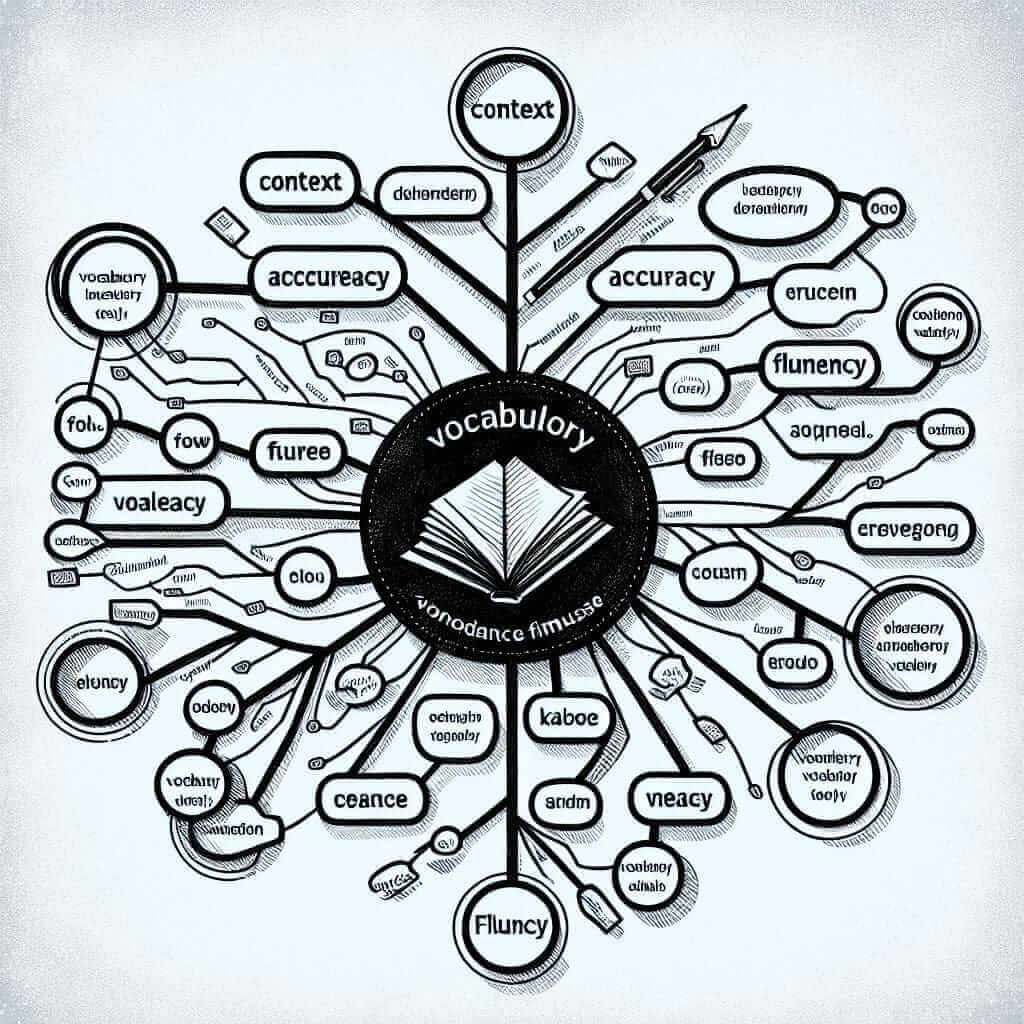As an IELTS instructor with over 20 years of experience, I often get asked, “Does GRE vocabulary help IELTS?” It’s a valid question, especially considering both tests assess English language proficiency. While there’s some overlap, understanding their distinct focuses is crucial for effective preparation. This article delves into the relationship between GRE vocabulary and IELTS success, offering insights to optimize your study strategy.
Understanding the Tests: Similarities and Differences
Both GRE and IELTS evaluate your English language skills, but their purposes and target audiences differ:
- GRE (Graduate Record Examinations): Primarily for admission into graduate programs, particularly in the US. It emphasizes vocabulary complexity and analytical writing, often within academic contexts.
- IELTS (International English Language Testing System): Assesses your ability to communicate effectively in English for academic, professional, or migration purposes. It focuses on practical communication skills across listening, reading, writing, and speaking.
Does GRE Vocabulary Give You an Edge in IELTS?
While mastering a vast vocabulary is generally advantageous, simply memorizing obscure GRE words won’t guarantee a high IELTS score. Here’s why:
- Context is Key: IELTS emphasizes using vocabulary accurately and appropriately within a given context. Rote memorization might not translate to effective communication in real-life scenarios that IELTS simulates.
- Skill Diversity: IELTS assesses a broader range of skills, including listening comprehension, reading fluency, and spoken fluency and coherence. Focusing solely on vocabulary neglects these crucial aspects.

Leveraging Your Vocabulary for IELTS Success
Instead of focusing solely on GRE-level words, adopt a strategic approach to enhance your vocabulary for IELTS:
1. Prioritize Breadth and Precision:
- Build a Strong Foundation: Focus on expanding your general English vocabulary, ensuring you understand nuances and various contexts for common words.
- Target Academic Language: Familiarize yourself with vocabulary frequently encountered in academic settings, as it’s relevant for both tests.
2. Practice Makes Perfect:
- Read Widely: Engage with diverse English texts, such as newspapers, magazines, academic journals, and fiction. This exposure naturally enhances your vocabulary and comprehension skills.
- Use it or Lose it!: Actively incorporate new words into your writing and speaking practice. This reinforces understanding and improves fluency.
- IELTS Specific Vocabulary Resources: Utilize vocabulary lists and exercises specifically designed for the IELTS test.
3. Example from IELTS Speaking Test:
Let’s say the IELTS Speaking test prompt asks you to describe a memorable event. Using a GRE word like “mellifluous” (meaning sweet-sounding) to describe the music might sound out of place and unnatural. Instead, opting for more common yet descriptive words like “uplifting,” “joyful,” or “lively” would convey your message effectively.
Conclusion
While a strong vocabulary is undeniably beneficial, simply relying on GRE vocabulary won’t guarantee a high IELTS score. Focus on building a well-rounded vocabulary base, prioritizing clarity, accuracy, and contextual understanding. By adopting a strategic approach to vocabulary acquisition and actively practicing all four skills, you’ll be well-equipped to achieve your desired IELTS score. Good luck!